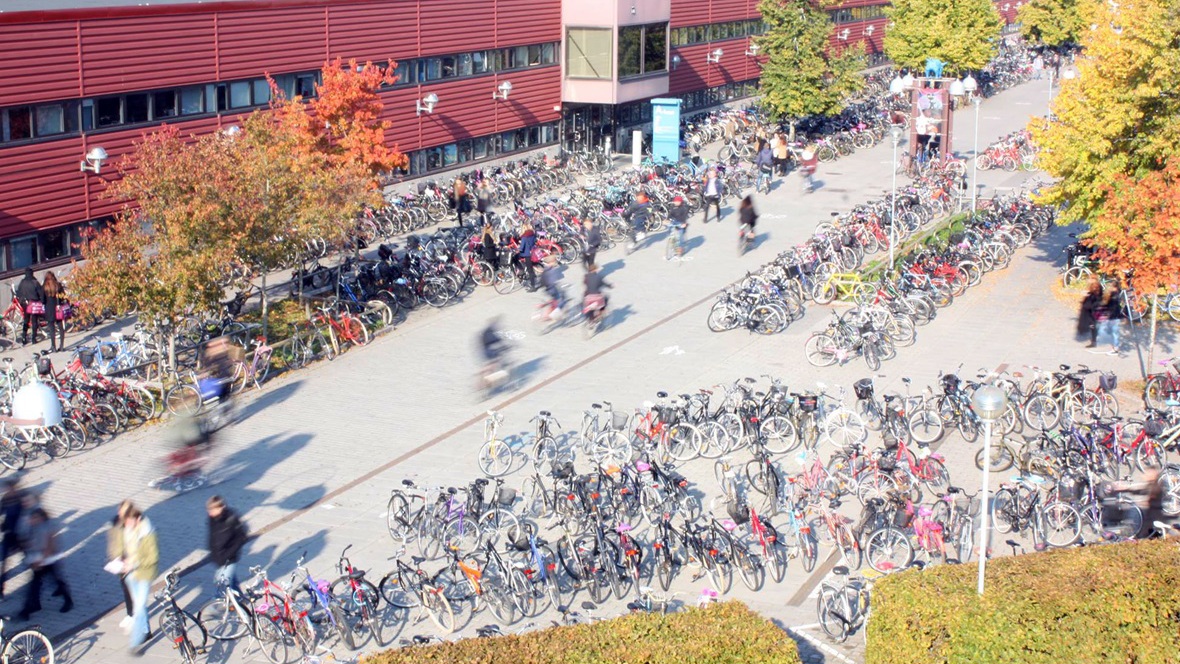
Fredrik von Malmborg
Adjunct Associate Professor
Fredrik von Malmborg is senior lecturer in political science. His main focus lies in the intersection between policy and management in the areas of energy and climate policy.
Advocacy, policy and change of energy policy in the EU
After a hiatus of almost 15 years, in 2021 I resumed my research activities. One reason was that I was interested in analysing in depth the experiences I had gained after several years of practical work on negotiation and implementation of EU legislation on energy efficiency.
Publications
2025
 Continue to DOI
Continue to DOI
2024
 Continue to DOI
Continue to DOI
 Continue to DOI
Continue to DOI
 Continue to DOI
Continue to DOI
 Continue to DOI
Continue to DOI
Research
Emissions trading for reduced climate change
I have analysed Swedish and British climate policy and corporate climate strategies, with a particular focus on international greenhouse gas emissions trading. I have also studied sectoral strategies and international technology cooperation within the framework of the UN climate negotiations.
To understand the development, use and effectiveness of emissions trading as a means of control, markets should not be seen as a simple abstract pricing mechanism, but as an empirical set of social relations placed in a specific context, coordinating economic action and guiding economic exchange. Different political, institutional and social contexts will lead to different outcomes in the realisation of emissions trading market systems.
We are likely to find deviations from predictions from economic theory in the practical applications of greenhouse gas emission allowance trading. The purpose of my research in this area was to explore and explain these anomalies.
The perspective is twofold. From a climate policy perspective, I was interested in analysing how emissions trading works as a 'new' environmental policy instrument.
From a management perspective, I was interested in analysing how companies behave strategically to comply with the constraints imposed by emissions trading schemes. These two perspectives were crossed in the analysis of companies' behaviour in the then emerging international market for emission allowances.
What makes companies to enter/withdraw from the emissions market? What makes companies invest/not invest in international climate mitigation projects in transition economies and developing countries? What is it that makes companies reduce/not reduce their emissions internally?























